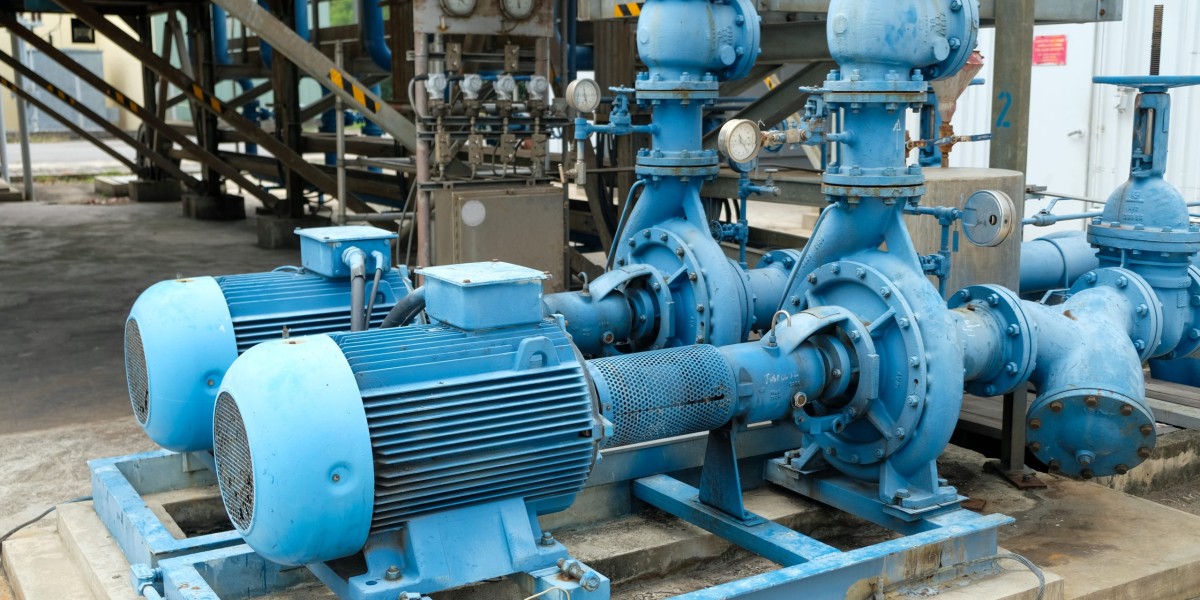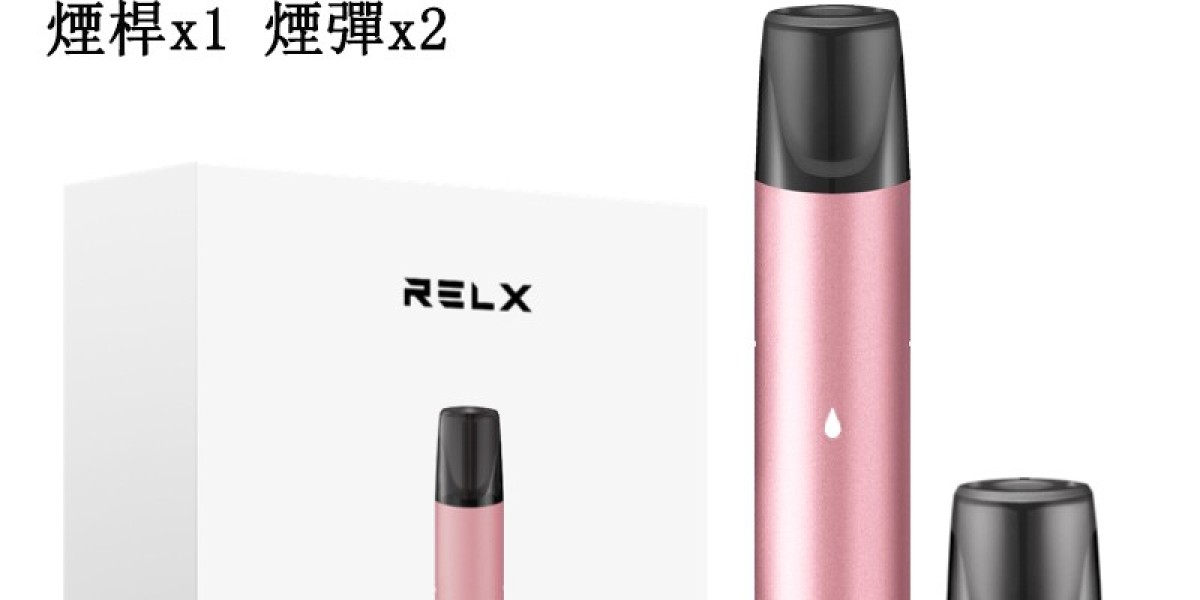industrial centrifugal compressor is a high-speed, dynamic compressor used to increase the pressure of air or gas through the principle of centrifugal force. Unlike positive displacement compressors, which compress gas by physically trapping and reducing its volume, an industrial centrifugal compressor imparts kinetic energy to the gas using rotating impellers and then converts that energy into pressure.
Engineered for continuous operation, it is a preferred choice in large industrial sectors like oil & gas, petrochemicals, energy, air separation, and heavy manufacturing.
How an Industrial Centrifugal Compressor Works
The compression process in an industrial centrifugal compressor occurs in three main stages:
Inlet Stage
Gas enters the compressor axially into the eye of the impeller.
Impeller Stage
A high-speed impeller spins the gas radially outward, increasing its velocity significantly.
Diffuser Stage
The gas passes through a diffuser where the velocity energy is transformed into pressure energy.
This continuous-flow design allows for stable, high-capacity gas compression with minimal vibration or pulsation.
Main Components of an Industrial Centrifugal Compressor
Impellers – High-speed rotors that accelerate the gas.
Diffusers – Slows down the gas to convert kinetic energy into pressure.
Volute or Casing – Directs the compressed gas to the discharge.
Bearings and Shaft – Support rotating components and transfer power.
Inlet Guide Vanes – Regulate airflow entering the impellers.
Intercoolers – Used in multi-stage compressors to reduce gas temperature between stages.
Types of Industrial Centrifugal Compressors
Single-Stage Compressors
Suitable for moderate pressure applications like HVAC systems and general-purpose air supply.
Multi-Stage Compressors
Feature multiple impellers in series to reach high pressures.
Common in oil refining, gas reinjection, and chemical processing.
Oil-Free Centrifugal Compressors
Ideal for industries like pharmaceuticals, electronics, and food where air purity is critical.
Applications of the Industrial Centrifugal Compressor
Oil & Gas Industry – For gas gathering, transmission, and reinjection.
Petrochemical Plants – Compressing hydrogen, ethylene, and other process gases.
Power Plants – For combustion air and air separation units.
Air Separation – Compressing oxygen, nitrogen, or argon in cryogenic systems.
Manufacturing – Large-scale compressed air supply for production lines.
HVAC & Chillers – In large commercial or industrial cooling systems.
Advantages of the Industrial Centrifugal Compressor
✅ High Flow Capacity – Efficient for large volumes of air/gas.
✅ Continuous Operation – Ideal for uninterrupted industrial processes.
✅ Lower Maintenance – Fewer moving parts compared to reciprocating compressors.
✅ Compact Design – High power-to-weight ratio.
✅ Oil-Free Operation – Available models for clean air applications.
Limitations
❌ High Initial Cost – Equipment and installation can be expensive.
❌ Sensitivity to Load Fluctuations – Less efficient at varying flow rates.
❌ Complex Maintenance – Requires skilled technicians for servicing.
❌ Not Ideal for Low-Pressure, Low-Volume Needs – Over-engineered for small applications.
Conclusion
The industrial centrifugal compressor is a powerhouse for high-volume, high-pressure applications requiring continuous and clean compression. With its superior efficiency, reduced maintenance needs, and adaptability to various industrial processes, it continues to be a critical asset in modern industrial infrastructure. When properly selected and maintained, an industrial centrifugal compressor delivers unmatched reliability and long-term performance.


![Zenless Zone Zero - Sprecherwechsel [Patch 1.6]](https://followgrown.com/upload/photos/2025/03/8qPOXKSac4QdbfYfpYbn_18_c56a67f3a9274854f7acdeaf6429b55b_image.png)
